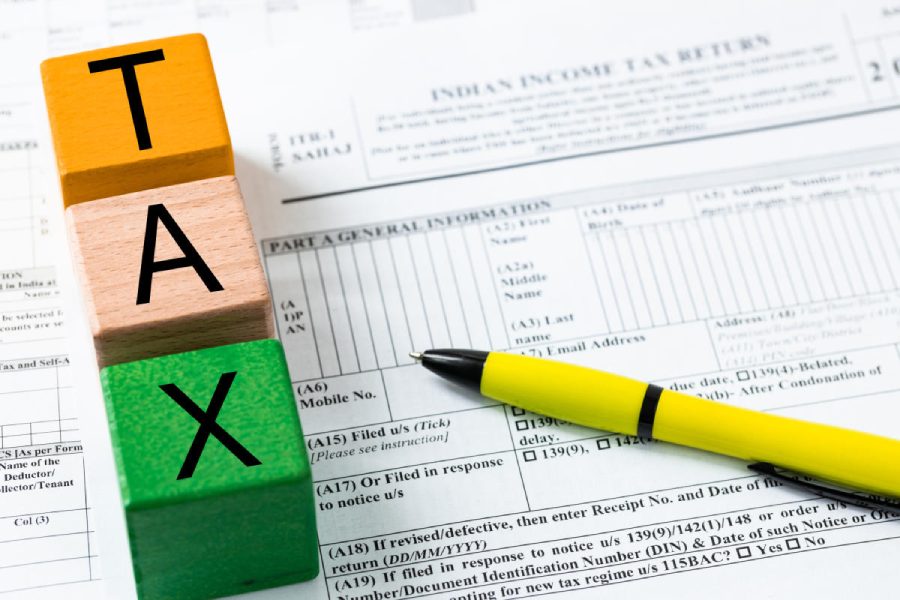The GST Council on Saturday decided to levy a lower 5 per cent tax on millet-based flour when sold in pre-packaged and labelled form and also decided to reduce GST on molasses to 5 per cent from 28 per cent, and exempt alcohol for human consumption from the levy.
Flour, containing at least 70 per cent millets, will attract zero per cent GST if sold loose, and 5 per cent if sold pre-packaged and labelled, finance minister Nirmala Sitharaman said.
The 52nd GST Council meeting also decided to increase the maximum age of the president and members of the GST Appellate Tribunal (GSTAT). This would bring the GSTAT on a par with other tribunals.
The GSTAT president will have a maximum age cap of 70 years, while the limit for members will be 67 years. This is a change from the earlier age limit of 67 and 65 years, respectively, for the president and members of GSTAT. She said an advocate would have to have a minimum experience of 10 years to be eligible for appointment as a judicial member of the tribunal.
Sitharaman said the Council recommended keeping Extra Neutral Alcohol (ENA) used for the manufacture of alcoholic liquor for human consumption outside GST.
The Law Committee will examine suitable amendments in law to exclude ENA for use in the manufacture of alcoholic liquors for human consumption from the ambit of GST.
It has decided to “reduce GST on molasses from 28% to 5%. This step will increase liquidity with mills and enable faster clearance of cane dues to sugarcane farmers. This will also lead to a reduction in cost for manufacture of cattle feed as molasses is also an ingredient in its manufacture.”
A separate tariff HS code has been created at the 8-digit level in the Customs Tariff Act to cover rectified spirit for industrial use. The GST rate notification will be amended to create an entry for ENA for industrial use attracting 18% GST, she added.
Abhishek Jain, Indirect Tax Head & Partner, KPMG said “taxability of ENA has been a vexed issue since the inception of GST with the matter currently pending before the Apex Court. The Central Government ceding powers to the States for taxability of ENA for use in alcohol coupled with rationalisation for rate on molasses brings a big cheer for the alcohol industry; specifically as it rationalises tax costs across the supply chain”
Vinod Giri, Director General, the Confederation of Indian Alcoholic Beverage Companies (CIABC) said “we are very happy to see the GST Council give a definitive recommendation on the taxability of Extra Neutral Alcohol (ENA) used in making alcoholic beverages. ENA is nothing but high-strength potable alcohol used as the primary ingredient for making alcoholic beverages after due dilution with water. Ideally the industry would have liked all of alcohol including the finished product be under GST to bring parity in taxation across states.”
Uppal Shah, Co-founder and CEO, AgriMandilive.Research said “the decision to reduce GST on molasses from 28% to 5% is a big impetus for sugarcane-based ethanol producers, who use molasses as raw material for ethanol production. This will promote ethanol production further. The sugar industry has been demanding GST reduction on molasses for quite some time…. will enable us to achieve the ethanol blending target of 20% by 2025, for which about 1,016 crore litres of ethanol would be required.”
“This will also improve the liquidity of the sugar mills, which will ensure timely sugarcane price payments to farmers. There will be more cash flow for mills, and hence better financial capacity to pay farmers on time,” he added.
The GST Council also took a decision to recommend an extension in the last date for filing an appeal by industry against a GST order to January 31, 2024. The step has been taken as a pro-industry measure because assessment orders were also delayed due to the Covid-19 pandemic, Revenue Secretary Sanjay Malhotra said.











